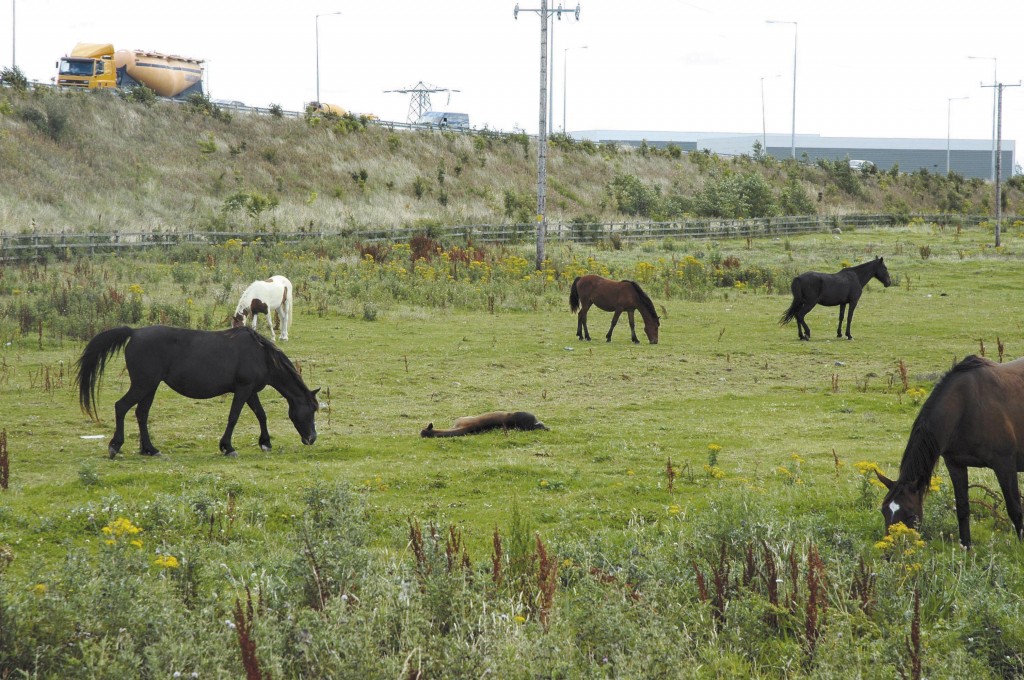
The latest figures show a reduction in the numbers of horses fly-grazed across England and Wales.
It has been over a year since the Control of Horses Act came into force, and many case studies have proved its effectiveness at tackling a problem which has been a cause of significant horse welfare problems, and blighted local communities, for years.
The most recent statistics show that there are estimated to be 3,000 – 3,500 horses currently fly-grazed across England and Wales, the same number as were estimated to be fly-grazed in England alone in 2014.
This is strong evidence that the Act is having a real impact, says rural organisation CLA, providing another "vital tool" in tackling the welfare problems facing the UK’s horses.
However, the coalition of welfare and rural organisations which campaigned for the Act (including the CLA, World Horse Welfare, Blue Cross, British Horse Society, Countryside Alliance, HorseWorld, NFU, Redwings Horse Sanctuary and RSPCA) want to highlight the important role that awareness plays in ensuring the Act is used to its full potential.
CLA President Ross Murray said the introduction of the new law was an "important change" for the countryside.
"Now the challenge is to ensure it is widely and consistently enforced," Mr Murray said.
"Fly-grazed horses can damage land, crops and fencing, restrict space for livestock and cost money to provide for their welfare and safety.
"Thanks to the Control of Horses Act farmers and landowners can act for swift resolution by, for example, rehoming the horses to charities or privately.
"In areas where fly-grazing continues to be a problem, local authorities and police forces must now begin working together to enforce the Act and support the local community in eradicating the problem."
